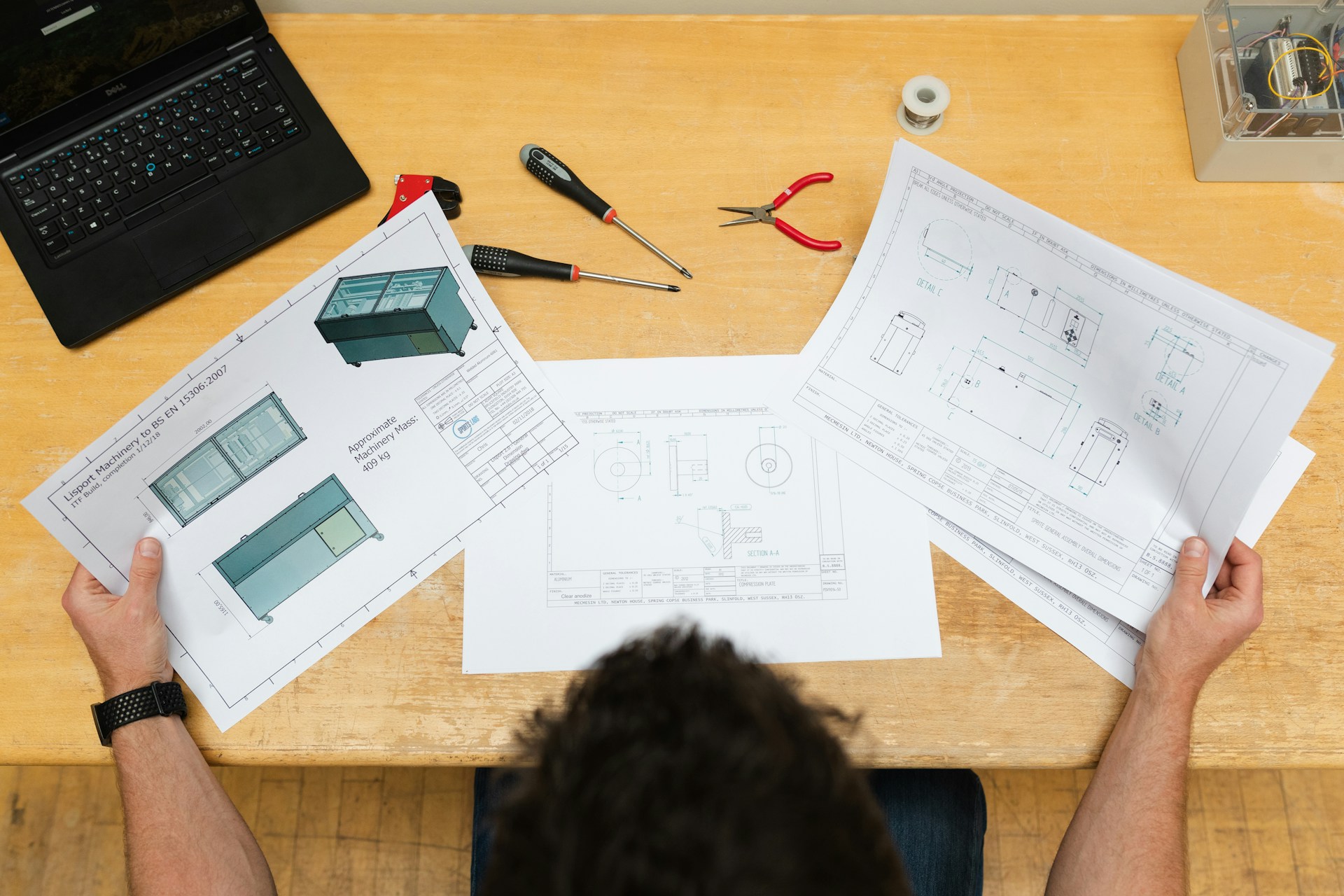Engineering is a field that combines creativity, problem-solving, and technical skills to shape the world around us. From designing sustainable cities to developing life-saving medical devices, engineers contribute to society in countless impactful ways.

Pursuing a career in engineering offers opportunities to work on meaningful projects, enjoy strong job stability, and continually learn in a rapidly evolving field.
Exploring Engineering Disciplines
Engineering is not limited to one path. Students can choose from a variety of disciplines, including civil, mechanical, electrical, chemical, software, or environmental engineering, depending on their interests. Each discipline offers unique challenges and the opportunity to work in diverse sectors such as construction, technology, energy, or manufacturing.
Before choosing a specialization, explore your interests by joining engineering clubs, attending workshops, or participating in STEM competitions to find the field that excites you the most.
Educational Pathway to Engineering
Most engineering careers begin with a Bachelor’s degree in your chosen discipline, where you will study mathematics, physics, and specialized engineering courses. Many universities offer internships and co-op programs, giving you hands-on experience in real-world projects and industry exposure while you study.
After completing your degree, you may pursue certifications such as the Fundamentals of Engineering (FE) exam, which is a step toward becoming a licensed Professional Engineer (PE). Further education, such as a Master’s degree, can open opportunities for research, advanced roles, or academic careers.
Skills That Make a Great Engineer
A successful engineer possesses a mix of technical and soft skills. Strong analytical and mathematical abilities are essential for designing and solving complex problems. Creativity allows engineers to develop innovative solutions, while effective communication skills help in working with teams, clients, and stakeholders.
Additionally, engineers need to be detail-oriented while maintaining a big-picture perspective to ensure their designs are practical and align with project goals and safety standards.
Building a Career in Engineering
Networking is crucial in building your engineering career. Attend industry conferences, connect with professionals on LinkedIn, and seek mentors who can guide you in navigating career opportunities. Start building a portfolio of your projects and internships, which will help showcase your skills to potential employers.
Conclusion
Pursuing a career as an engineer offers a fulfilling journey filled with opportunities to innovate, contribute to society, and enjoy lifelong learning. By choosing the right discipline, building your technical and soft skills, and gaining practical experience, you can establish a successful and impactful career in engineering that shapes the world for the better.

